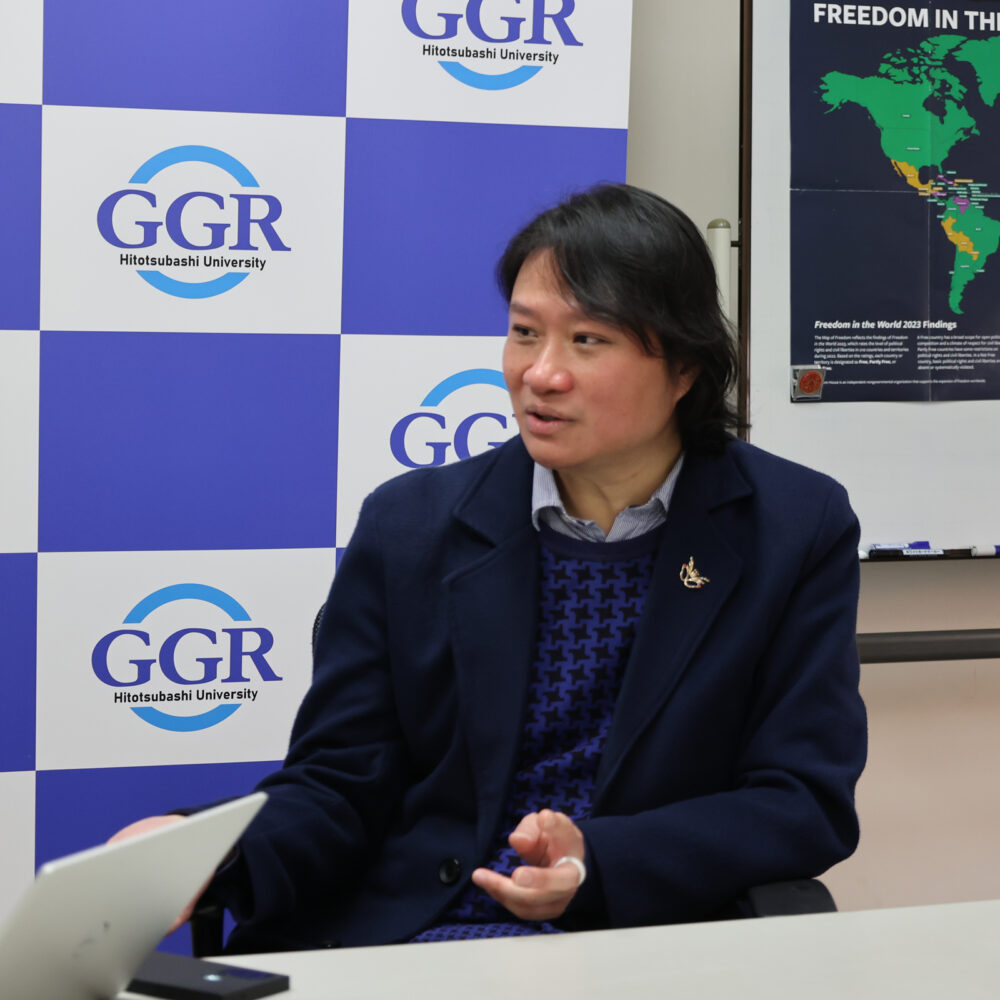
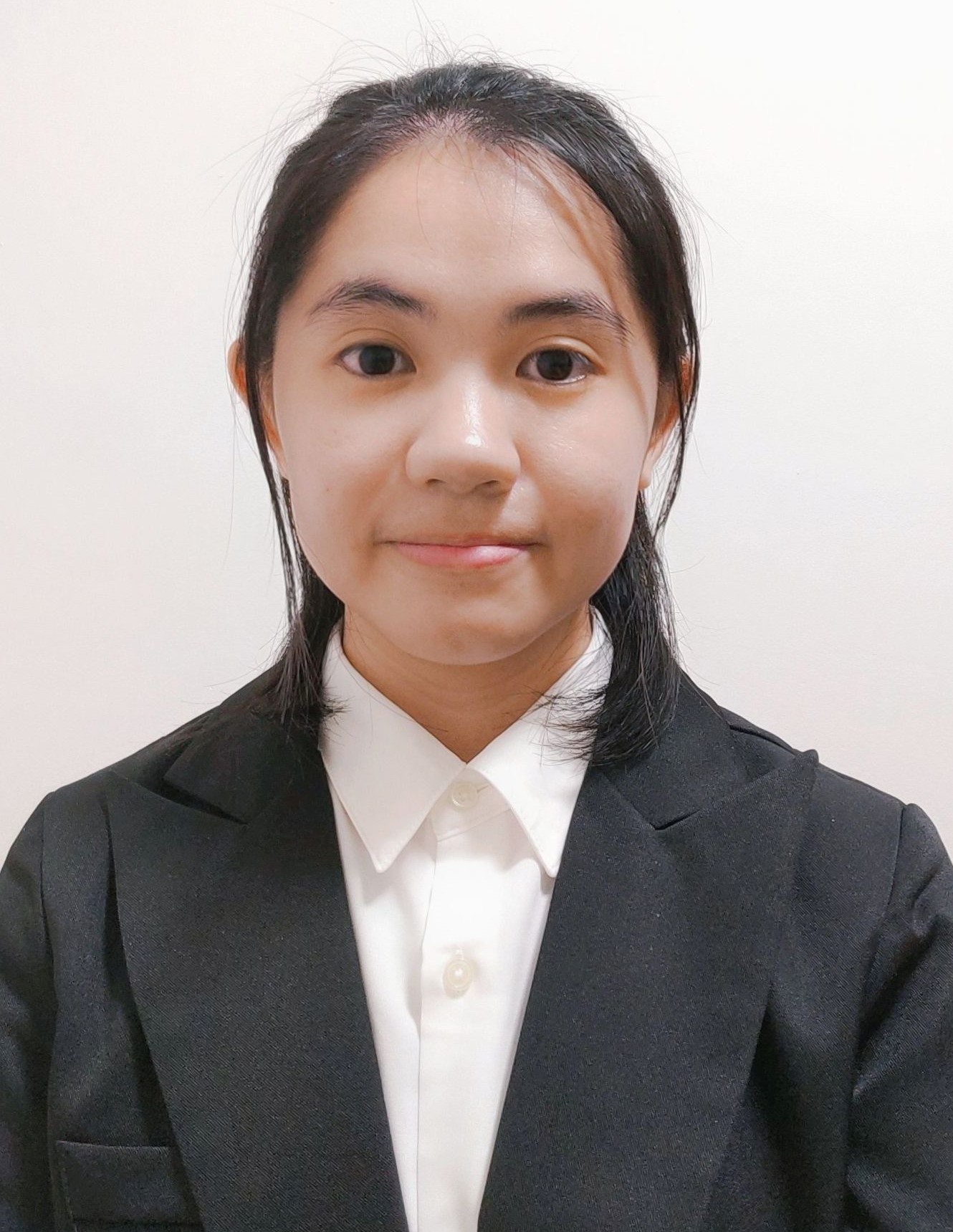
Hong Kong Activism from the Perspective of Journalism and Cultural Ideas
Interviewer and author: Sulastri
(Master’s student, School of International and Public Policy, Hitotsubashi University)
March 28, 2024
*This paper was written based on an interview conducted on February 27, 2024.
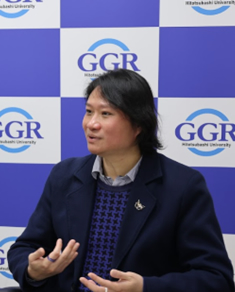 Patrick Poon, a member of the Milk Tea Alliance Japan, was born during Hong Kong’s economic boom. Poon was a part of the second generation of residents to witness the city’s transformation into a prosperous hub. It was a period when people joked about the heyday babies. His childhood was heavily influenced by Catholic teachings and awareness of the political situation in China. The times coincided with the Tiananmen Massacre crackdown; and what happened in Beijing and other parts of China resonated in Hong Kong. The turning point for Poon came at the very young age of 12, when he stepped into the movement and joined a mass protest of over 1 million people.
Patrick Poon, a member of the Milk Tea Alliance Japan, was born during Hong Kong’s economic boom. Poon was a part of the second generation of residents to witness the city’s transformation into a prosperous hub. It was a period when people joked about the heyday babies. His childhood was heavily influenced by Catholic teachings and awareness of the political situation in China. The times coincided with the Tiananmen Massacre crackdown; and what happened in Beijing and other parts of China resonated in Hong Kong. The turning point for Poon came at the very young age of 12, when he stepped into the movement and joined a mass protest of over 1 million people.
“Even though Hong Kong was still a British colony at this point, we felt very concerned about what would happen after Hong Kong’s handover to China in 1997; it was 8 years before the handover.” He continued, “People would talk about what they can actually do and what should be avoided, knowing the situation in Beijing and other parts of China.” Such conversations reflected the mentality of people in Hong Kong during that time when attention was split between pop culture and sometimes, politics, not because people necessarily wanted to but because they felt the need to understand the changes ahead of them.
After the handover, the situation in Hong Kong was stable until 2003 when 500,000 people demonstrated against the Article 23 laws, concerning the governmental limitations on freedom. After the National Security Law was implemented in 2020, Poon, who just left his job as a China Researcher of Amnesty International and was volunteering as a board member with non-governmental organizations in Hong Kong at the time, experienced more pressure and uncertainty. As an NGO management executive, he and others were paralyzed by fear of being arrested for voicing opinions in public or handing out flyers. Many human rights organizations were forced to self-censor because of the unsafe environment, which limited their advocacy. The pressure of what happened to the Apple Daily symbolized the future of journalism in Hong Kong. Despite these worries, Poon made the decision to leave Hong Kong in order to be able to continue working on human rights issues. “They would get more used to the mainland government (re)placing the government. Something what I’m concerned about, in addition to safety, is actually that ‘brainwashing’ of people on how they should respond to government policies would become normalized in the future.” He added, “For us who are now living overseas, the most we can do is continue to tell the Hong Kong story, tell others what happened in Hong Kong and then try our best to see what we can do to maintain.”
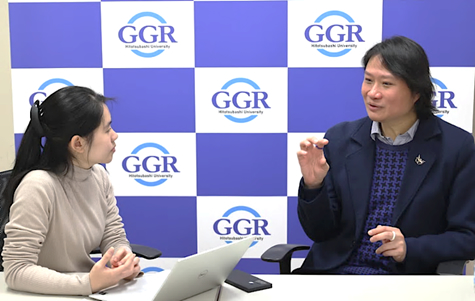 In Hong Kong, a limited degree of freedom is felt due to pressure from other governments, but the Hong Kong government and the Chinese Government will always protest such foreign interventions. Additionally, the separation between Asian democracy and Western democracy points to the idea of socialism – the ideology that China adopted, which in fact originally came from the West – while they talk about this idea from a cultural relativist perspective, which is questionable. The Communist Chinese regime always emphasizes the “Chineseness” of everything, including socialism. However, such emphasis would only distort the original meaning of these concepts and cater for the needs of the authoritarian regime for claiming its legitimacy. Meanwhile, Hong Kong and China are after all part of the international community, and there is no reason for not adhering to the international standards and separating themselves from outside involvement, because abiding by these principles is an inherent obligation of the international community.
In Hong Kong, a limited degree of freedom is felt due to pressure from other governments, but the Hong Kong government and the Chinese Government will always protest such foreign interventions. Additionally, the separation between Asian democracy and Western democracy points to the idea of socialism – the ideology that China adopted, which in fact originally came from the West – while they talk about this idea from a cultural relativist perspective, which is questionable. The Communist Chinese regime always emphasizes the “Chineseness” of everything, including socialism. However, such emphasis would only distort the original meaning of these concepts and cater for the needs of the authoritarian regime for claiming its legitimacy. Meanwhile, Hong Kong and China are after all part of the international community, and there is no reason for not adhering to the international standards and separating themselves from outside involvement, because abiding by these principles is an inherent obligation of the international community.
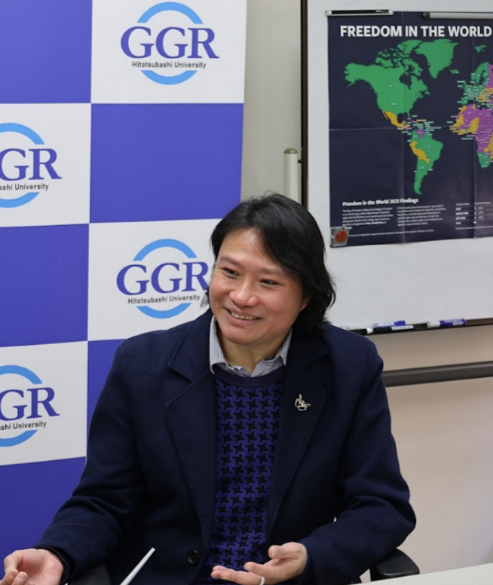 Poon expressed concerns about cultural erosion in Hong Kong under Chinese influence, citing the example of the Cantonese-speaking community vs. Mandarin that has begun taking over. This is crucial as Hong Kong faces challenges in maintaining its multicultural identity given mainland China’s influence in promoting nationalism and patriotism in Hong Kong. Poon’s academic focus challenges the definition of “Chineseness” and explores cultural identity: whether we define a person as Chinese by blood or by the culture they grew up in? And then what about people who are ethnically “Chinese” but don’t speak Chinese and grew up in non-Chinese cultural background, or what about people who are not ethnically Chinese but culturally identify themselves as “Chinese”?
Poon expressed concerns about cultural erosion in Hong Kong under Chinese influence, citing the example of the Cantonese-speaking community vs. Mandarin that has begun taking over. This is crucial as Hong Kong faces challenges in maintaining its multicultural identity given mainland China’s influence in promoting nationalism and patriotism in Hong Kong. Poon’s academic focus challenges the definition of “Chineseness” and explores cultural identity: whether we define a person as Chinese by blood or by the culture they grew up in? And then what about people who are ethnically “Chinese” but don’t speak Chinese and grew up in non-Chinese cultural background, or what about people who are not ethnically Chinese but culturally identify themselves as “Chinese”?
As part of the Inter-Parliamentary Alliance on China based in the UK, Poon engages in global lobbying to highlight the importance of Hong Kong, China, and human rights to politicians. Emphasis is on raising awareness among legislators globally, influencing local and international discussions, and shaping laws impacting China, including Tibet, Mongolia, Hong Kong, and Taiwan. Simultaneously, the 29 Principles organization focuses on protecting lawyers’ rights and emphasizing their roles in civil society in China and Hong Kong, particularly in human rights cases. Poon’s involvement with the Lady Liberty Hong Kong and the Hong Kongers’ community in Japan aims to raise awareness in Japanese society, countering the potential depiction of China’s Hong Kong model as a success. The message conveyed is, “Don’t think it’s distant, because if China’s model with Hong Kong succeeds, questions may arise about the need for a democratic system.”
The Milk Tea Alliance Japan
The Milk Tea Alliance Japan is the space where we can add the global dimension not only for Hong Kong, but also other countries like Thailand, Taiwan, and Japan. This space was very much needed, and we should not underestimate the importance of sharing stories and experiences. Poon showed interest in seeing how independent media, for instance, in the region can help each other, especially since the Milk Tea Alliance Japan already has members who work in independent journalism. As a former journalist himself, he viewed this as important. “We can work on freedom of expression and protection of media and independent media and journalism in the region. We should not let people forget about Hong Kong as if nothing happened, while life goes on. We don’t want the same thing to happen to other countries too.”
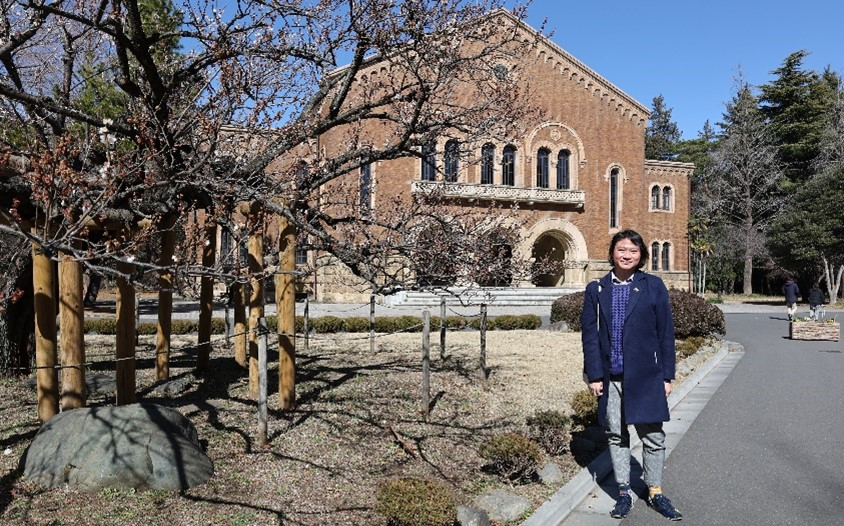 Poon’s closing words were especially for Hong Kong’s youth who are passionate about upholding freedom. Despite the current challenges, discussions still continue, reflecting the resilience of the community. The authoritarian regime has never last long in the face of people’s unwavering pursuit of freedom and empowerment. He emphasizes the importance of perseverance, reminding us that as long as efforts continue, hope for progress and positive change remains alive.
Poon’s closing words were especially for Hong Kong’s youth who are passionate about upholding freedom. Despite the current challenges, discussions still continue, reflecting the resilience of the community. The authoritarian regime has never last long in the face of people’s unwavering pursuit of freedom and empowerment. He emphasizes the importance of perseverance, reminding us that as long as efforts continue, hope for progress and positive change remains alive.
Patrick has been working in various NGOs since 2004. He was a court reporter with the South China Morning Post in Hong Kong in 2000-2003. He has been a researcher with Amnesty International’s International Secretariat (2013-2020), mainly covering human rights defenders in China and human rights violations in Xinjiang Uyghur Autonomous Region in China. He was the executive secretary (2007-2012), board member (2012-2020) and consultant (2021) of Hong Kong-based China Human Rights Lawyers Concern Group, which was disbanded under the pressure of the Hong Kong National Security Law. He was a board member of Amnesty International Hong Kong in 2009-2013 and the executive secretary and board member (2009-2013) of Independent Chinese PEN Center. He was a visiting scholar at the Department of Chinese Studies of St. Andrews University in Scotland in June-August 2021, a visiting researcher at the Institute of Comparative Law of Meiji University in Tokyo in 2022-2023, Japan and currently a visiting researcher of the University of Tokyo. He is an advisor of the UK-based “The 29 Principles” which supports human rights lawyers in China and Hong Kong, a board member of Inter-Parliamentary Alliance on China (IPAC), and advisor of Tokyo-based Asian Lawyers Network (ALN). He is pursuing his PhD at the Institute of Transtextual and Transcultural Studies at the University of Lyon, France.
